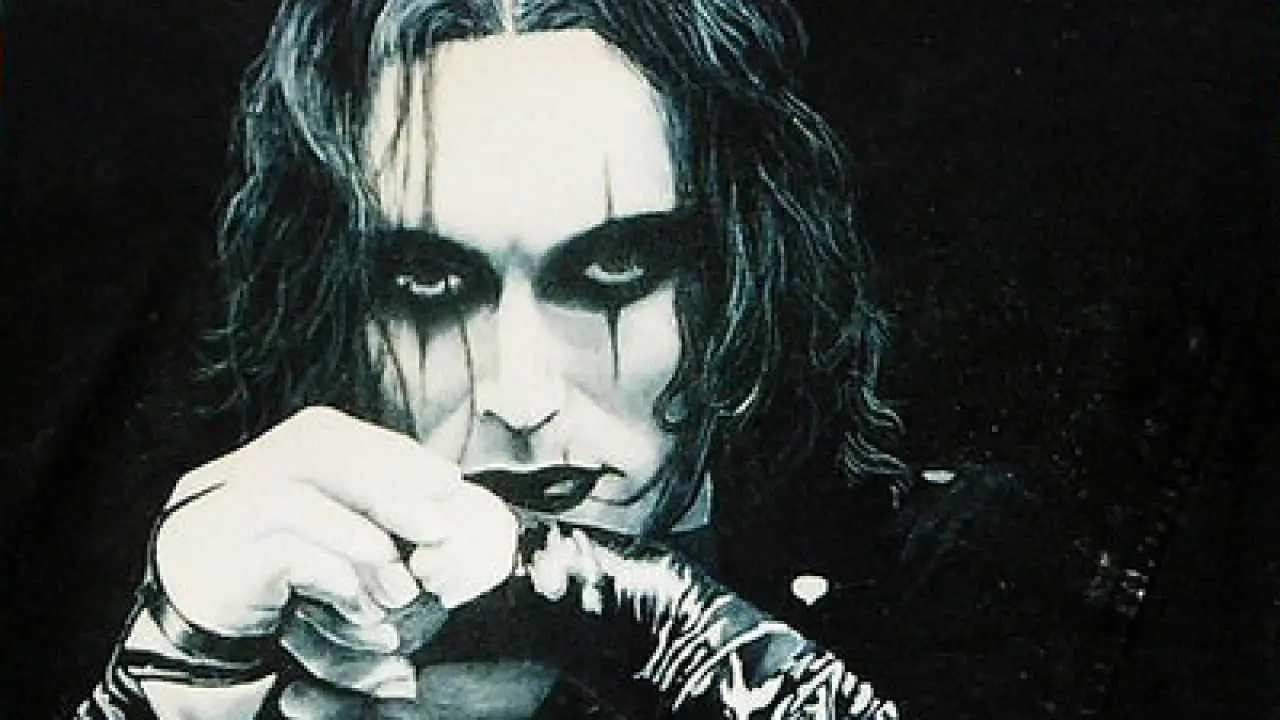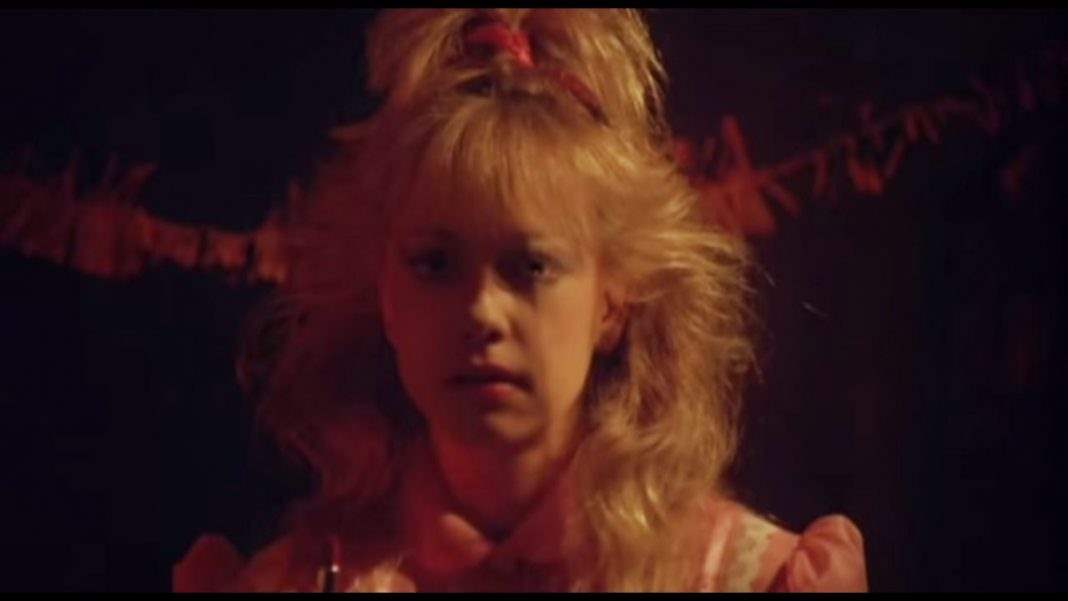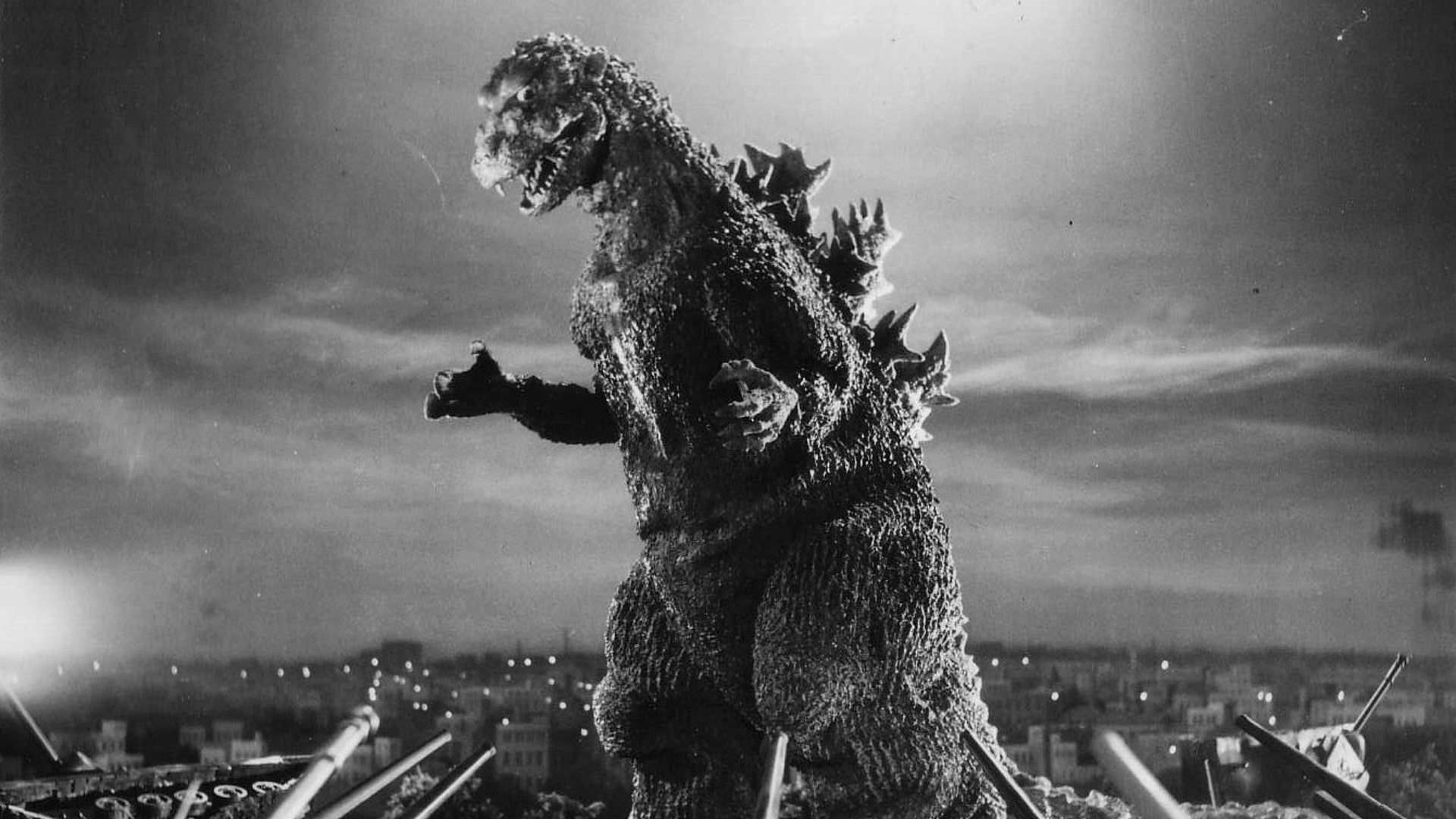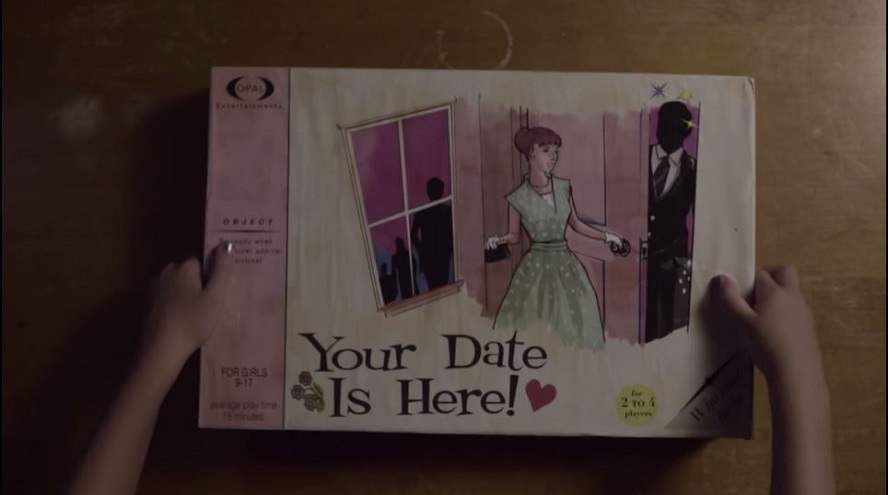More than 125 years after the fact, the murders of Jack the Ripper still intrigue. Even one and a quarter centuries are unable to erase the deeds from our collective consciousness, and you would be hard pressed to find someone who isn’t at least nominally aware of the events. The murderer was never caught, and the passage of time has turned him into just as much legend as man. To this day, movies and books about the subject continue to be released, capitalizing on the myth, while self-professed “Ripperologists” continue to work what has long surpassed becoming a cold case, in hopes of ferreting out the man. Conspiracy theories abound, with far-reaching tentacles that envelope every strata of that era’s society. None, though, is more intriguing than that as demonstrated in From Hell.
First, the facts as they are known: Five murders are canonically contributed to Jack the Ripper, though how many more (or less) were actually performed by the same hand is anybody’s guess. Mary Ann Nichols, Annie Chapman, Elizabeth Stride, Catherine Eddowes, and Mary Jane Kelly—all of them prostitutes—were murdered in or around the Whitechapel area of London between August and November 1888. All had their throats slit and each murder grew progressively more violent and grotesque, save for Elizabeth Stride, though it is believed that the killer was interrupted before he could complete his task. Hundreds of letters arrived to policemen, reporters, and various officials claiming to be from the killer himself, though most of them have been discounted as hoaxes. One of the chief investigators in the murders was Inspector Frederick Abberline who, try as he might, was unable to crack the case.
Those are the broad strokes of the facts in the Jack the Ripper case — at least as pertaining to the work at hand. From Hell was initially serialized irregularly from 1989 to 1996, before being published in a collected edition, and is the work of writer Alan Moore and artist Eddie Campbell. Moore’s story is spun off from the Ripper theory set forth by Stephen Knight in his 1976 book Jack the Ripper: The Final Solution. Since that book’s publication, many aspects of Knight’s theory have reputedly been disproven, but Moore has gone on record stating that he never looked at it as fact, but rather as a launching pad for his fiction.Meaning that From Hell cannot be judged based on its merits as a historical document — it is, after all, a fanciful telling of events that may have occurred but likely didn’t — but rather as a work of art. And a work of art it truly is.
Here, the story begins with Prince Albert Victor (also known as Prince Eddy) secretly marrying and impregnating a lower-class woman who is unaware of her paramour’s royal heritage. When Queen Victoria learns of this outrage, she has the woman locked in an asylum, her mental faculties diminished through some cerebral tinkering by royal physician and Freemason Sir William Gull. Our tale would end there, if not for the threats of the Old Nichol Gang, an assemblage of ruffians prone to assaulting the local prostitutes if they don’t offer up an increasing amount of “protection money”. The five women who will become the Ripper’s victims, and who were friends of the institutionalized woman, know of Prince Eddy’s illegitimate child and seek blackmail money to buy their silence and pay off the Nichol boys. Queen Victoria sees this as yet another threat to the crown, and rather than pay them off, she calls upon Sir Gull once again to silence them as he sees fit.
 Were this written by someone other than Alan Moore, it likely would have been a straightforward conspiracy thriller, full of action beats and by-the-numbers cliffhangers at the end of each installment. Moore, though, always takes things to a place far beyond where you expect them to go. The small details in both the script and the artwork were painstakingly researched, bringing a sense of realism to the proceedings, even when things take a drastic turn into the metaphysical.
Were this written by someone other than Alan Moore, it likely would have been a straightforward conspiracy thriller, full of action beats and by-the-numbers cliffhangers at the end of each installment. Moore, though, always takes things to a place far beyond where you expect them to go. The small details in both the script and the artwork were painstakingly researched, bringing a sense of realism to the proceedings, even when things take a drastic turn into the metaphysical.
And it is drastic. Moore likely had a fleeting interest in the occult when he set about scripting From Hell, but once it was complete, he had convinced himself to become a full-fledged occultist. With the references to more mainstream mythology (those of the Greeks and Romans) as well as lesser-known lore (especially that relating to the notoriously secretive Freemasons), there is a whole different plane of existence on which the story takes place. To Gull, these killings go far beyond assisting the royal family, calling it “the fraction of my work that’s visible beneath the waterline. The greater part’s an iceberg of significance that lurks below.” The murders that he commits are intricately woven parts of Masonic ritual, used as a means to connect him to the Great Architect of the Universe. His entire life has been spent trying to decipher his part in the greater plan, and following a vision of the three-faced Masonic god Jah-Bul-Lon, it seems as if he has found it.
Said vision occurs in the second chapter of the book, the entirety of which is dedicated to the life of Gull up to the beginning of our tale. It is precipitated by an “illness of the heart” (a stroke, followed by aphasia), which is known to cause vivid hallucinations. This offers us an easy out, the opportunity to dismiss Gull as a delusional madman, but the truth is far from that simple. If we are to take this chronological depiction of Gull’s backstory as an in-universe truth (and I see no reason why we shouldn’t), there is plenty of evidence that his unsavory notions are accurate.
The opening sequence to this chapter has Gull as a child, traveling through a dark tunnel by boat. There are snippets of dialogue that make no sense in this context, until we later learn that they are echoing back through time, so to speak, from events which have not occurred yet. In a later chapter of the book, we are shown the visual equivalent of the same. If these echoes of the future came solely from events during Gull’s lifetime—those which he actually experienced—there may have been another rational explanation; but on multiple occasions during the act of murder itself, Gull catches glimpses of a future that would not exist until long after his death: a modern London full of high rises, televisions, and technology far beyond his understanding. During the final Ripper murder, he not only glimpses the future, he is transported there, much to the consternation of his dimwitted coachman and reluctant accomplice Netley. When Gull returns, he declares “It is beginning, Netley. Only just beginning. For better or worse, the twentieth century. I have delivered it.“
In an earlier section of the book, there is talk of theories put forth by the son of Gull’s friend James Hinton, regarding the perception of time—that it is merely a human illusion and that “all times coexist in the stupendous whole of eternity.” When the time comes for Gull to ascend, as Moore calls it, he is set loose through time, as far reaching as the conspiracy theories that surround the Ripper case. We see what he means about delivering the twentieth century, as his influence extends outward and influences Blake, the Yorkshire Ripper, the Moors Murderers, the creation of Dr. Jekyll and Mr. Hyde, and much more. His reward for making history was writing the future. His actions caressed the timeline, sending out ripples that could be felt the world over.
The thesis statement here is best summed up by Mary Kelly: “[There was] a pattern I couldn’t quite see. It’s like there was a kind of lace tyin’ things together. A kind of lace over everything.“
 In other words, everything is connected. Reality is a spiderweb, and you can’t tug on one string without tugging on them all. Whether you believe in God, the Great Architect, Karma, or just Six Degrees of Kevin Bacon, every action we take affects something else somewhere along the way. It’s the butterfly effect in very human terms.
In other words, everything is connected. Reality is a spiderweb, and you can’t tug on one string without tugging on them all. Whether you believe in God, the Great Architect, Karma, or just Six Degrees of Kevin Bacon, every action we take affects something else somewhere along the way. It’s the butterfly effect in very human terms.
On the basest of levels: Don’t be a dick.
From Hell was the first of Alan Moore’s works to be optioned for a film, and although he distanced himself completely from the project, he was content to take 20th Century Fox’s money and allow the studio to do with it what they would, assuming that the public would be able to differentiate the source material from the adaptation. He took the same stance in 2003 with the film version of The League of Extraordinary Gentlemen, before altering his position. These days, he will not accept money for adaptations of his work, and will not allow his name to appear in conjunction with the films. If you’ve seen The League of Extraordinary Gentlemen, you probably understand why.
The film version of From Hell was released in 2001, directed by the Hughes Brothers (previously of Menace II Society and Dead Presidents). They took a heady, metaphysical melodrama and tried to turn it into a gothic whodunnit, or a stylish slasher flick. By keeping the Ripper’s identity a secret until near the end of the film, they neutered the most interesting character in the entire story—Sir William Gull himself, who has a scarcity of screen time, cropping up only on occasion to help Abberline pursue the killer like some ancestor of Hannibal Lecter.
They also sought to make Abberline younger and hipper by casting Johnny Depp in the role, giving him an addiction to opium and clairvoyant visions as a means of writing pseudo-psychic Robert James Lees, who had a small but pivotal role, out of the script. His visions, though, are basically pointless and add nothing to the story. It almost would have been better had every bit of psychic abilities been deleted altogether.
There wasn’t the slightest hint that Gull’s rituals were effective, or that he was anything more than a delusional old man. He never glimpsed the future, nor did he ever affect it. Jack the Ripper here is stuck solely in the past, and he’s much less powerful because of it.
For the record, I actually did enjoy the film—though it’s more of an adaptation of the Stephen Knight theory than it was of Moore’s From Hell. It seems like nearly every thumbprint that Moore put on the story was systematically wiped clean.
Which begs the question: with the recently announced FX television series to be based on From Hell… will it be a true adaptation of the comic, or an adaptation of the movie?
Because those are two very different beasts, indeed.








